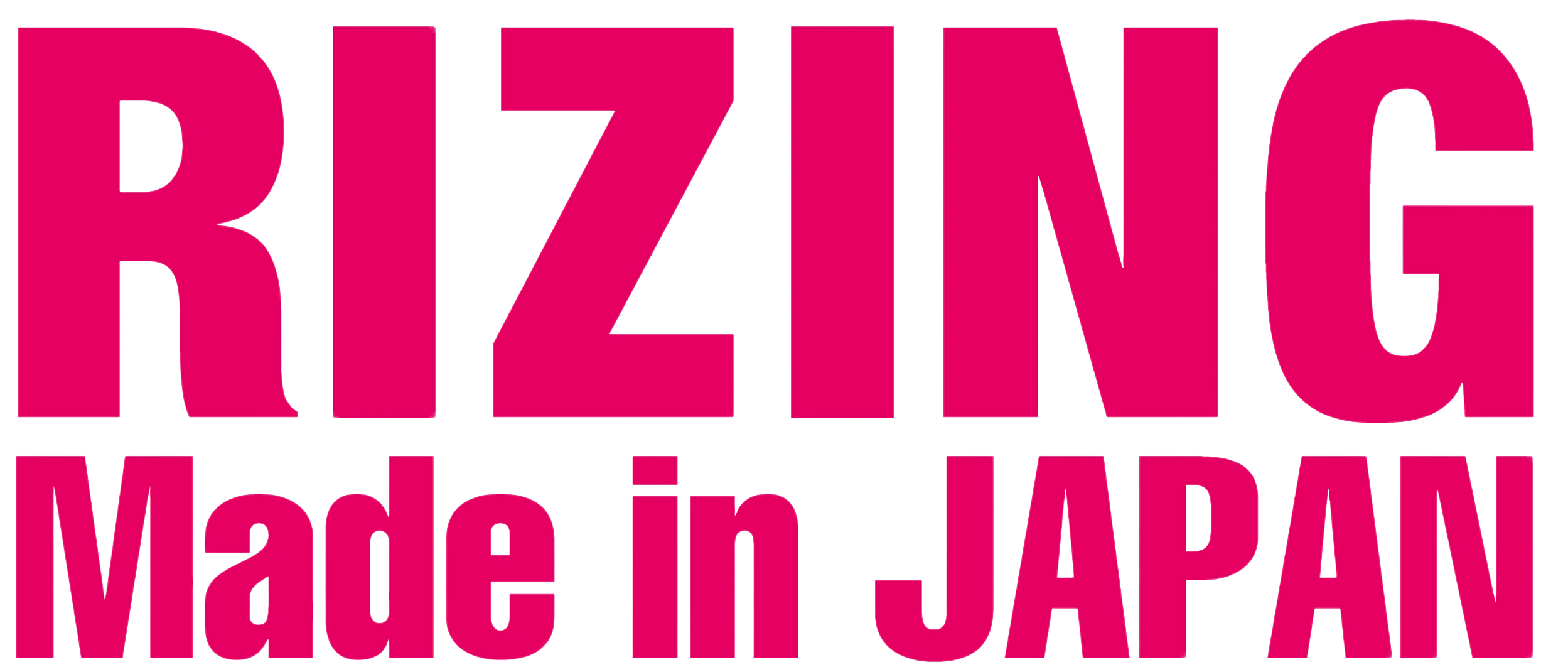Peer pressure is a pervasive influence in contemporary society, often compelling individuals, particularly youth, to conform to behaviours, values, or lifestyles that may not align with their personal beliefs or circumstances. Understanding how to effectively manage and ultimately ignore peer pressure is critical, especially within the framework of capitalism and the rising dissatisfaction among the working population. The convergence of these elements produces a complex landscape where individual integrity is frequently compromised in favour of social validation and material success.
To begin with, the first step in ignoring peer pressure is to cultivate self-awareness. This process involves introspection and a keen understanding of one’s values, interests, and aspirations. Individuals must take the time to delineate their personal beliefs from those imposed by societal expectations or peer groups. In a capitalist society, which often equates success with material wealth and social status, the pressure to conform can be particularly intense. The perceived need to keep up with colleagues or friends can lead to choices that undermine one’s true desires. Consequently, establishing a firm grasp on one’s personal identity serves as a bulwark against external pressures, promoting decisions rooted in authenticity rather than transient trends.
Moreover, the act of surrounding oneself with supportive and like-minded individuals cannot be overstated. Constructive relationships grounded in genuine mutual respect encourage resilience against peer pressure. Friends and peers who advocate for self-acceptance provide a safe space for individuals to express themselves without judgment, thereby diminishing the compulsion to conform. Conversely, maintaining relationships that hinge on social conformity can breed dissatisfaction, especially when these relationships evoke feelings of inadequacy or compel one to compromise their values. In a capitalistic culture that rewards competition and individualism, it is essential to forge connections that champion authenticity rather than superficial success.
In addition to fostering self-awareness and supportive networks, the ability to assertively communicate one’s boundaries is vital. The capacity to say “no” when faced with pressure to engage in undesirable behaviours or pursuits is a skill that can be developed over time. Influential marketing strategies in capitalism often reinforce the notion that certain behaviours or possessions will lead to social acceptance or happiness. Learning to recognize and deflect these influences allows individuals to maintain their sense of dignity and self-worth. The ability to articulate one’s convictions can serve as a powerful statement against the backdrop of a culture that glorifies compliance.
Furthermore, engagement in mindfulness practices can enhance an individual’s ability to dismiss peer pressures. Mindfulness cultivates a heightened awareness of thoughts and feelings, promoting a balanced perspective that recognizes the transient nature of societal expectations. Through practices such as meditation or reflective journaling, one can develop an inner peace that diminishes the need for external validation, particularly in a capitalist landscape where success is often showcased on social media platforms. Such external environments can foster an unhealthy comparison culture, leading individuals to chase validation through superficial means rather than pursuing genuine fulfillment.
The relationship between peer pressure and the prevailing capitalist ethos is particularly pronounced in the workforce. An alarming number of employees report feeling unhappy or dissatisfied with their jobs, often as a result of chasing prestige, monetary rewards, or societal approval rather than personal fulfillment. The stress associated with maintaining a façade of success can lead to burnout and mental health issues. Consequently, cultivating the ability to ignore peer pressure may prove pivotal not just for individual well-being but also for long-term satisfaction in one’s professional life.
In conclusion, ignoring peer pressure entails robust self-awareness, the establishment of affirming relationships, the development of strong communication skills, and the practice of mindfulness. By prioritizing these strategies, individuals can navigate the complexities of peer influence without succumbing to external expectations that undermine their integrity. Given the dissatisfaction that permeates the working population today, especially in a capitalist society that often prioritizes wealth and status over personal happiness, the imperative to act in accordance with one’s values remains more significant than ever. Ultimately, exercising the agency to reject peer pressure can lead to a more meaningful, authentic existence, enriched by personal contentment rather than societal validation. The journey towards self-actualization not only benefits the individual but contributes to a more fulfilled and purpose-driven society as well.

